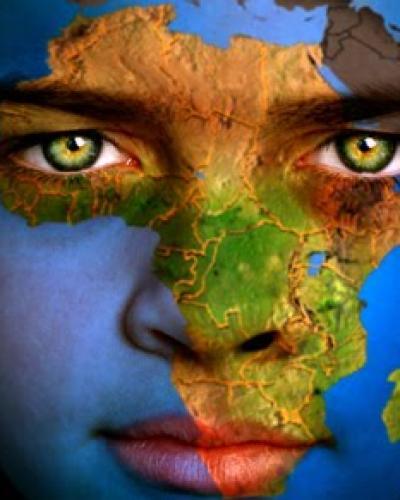The Casa de África Museum opened its doors to the public on January 6th, 1986 to give visitors an overview of the African continent through its extensive collections.
The date was not chosen by chance, in the 19th century, on January 6th, during Three Wise Men Day, slaves didn’t have to work, so they and other African descendants went on a pilgrimage to Havana from outside the city walls to celebrate the date.
As of 1996, as part of celebrations marking the Casa de África’s 10th anniversary, managers, directors, experts and the staff came up with the idea of creating a space to discuss social and cultural anthropology. The event begins with popular festivities and a parade called “cabildo afrocubano”, as late Cuban anthropologist Fernando Ortíz called them. That day Old Havana is filled with music, dance and theater, featuring the different religions of African origin and their symbols, ranging from the impressive “Ireme”, mixed with passersby and the audiences, to the Bantú people, experts in the mount’s secrets and the values of plants, who show their dances and chants, as well as the “wemilere” of the Yoruba Pantheon, with its different deities and colorful costumes, beginning with Eleguá, followed by the warriors and the rest of gods and goddesses.
Thirty years later and coinciding with Cuba’s and the institution’s marking of the 130th anniversary of the abolition of slavery, the Casa de África Museum is a reference center for scholars and people studying such themes, since at the beginning of the year the institution gathers dozens of researchers to attend the Social and Cultural Afro American Anthropology Scientific Workshop.
During the event attendants discuss transcultural and resistance processes, culture, identity, storytelling, archeology, popular religion, fraternal societies of African origin, genre issues in Africa and the diaspora, the role of the museum in rescuing tangible and intangible values and visual anthropology. The Afropalabra Festival dedicated to African languages is also part of these celebrations, as well as an Afro Caribbean culinary event.


